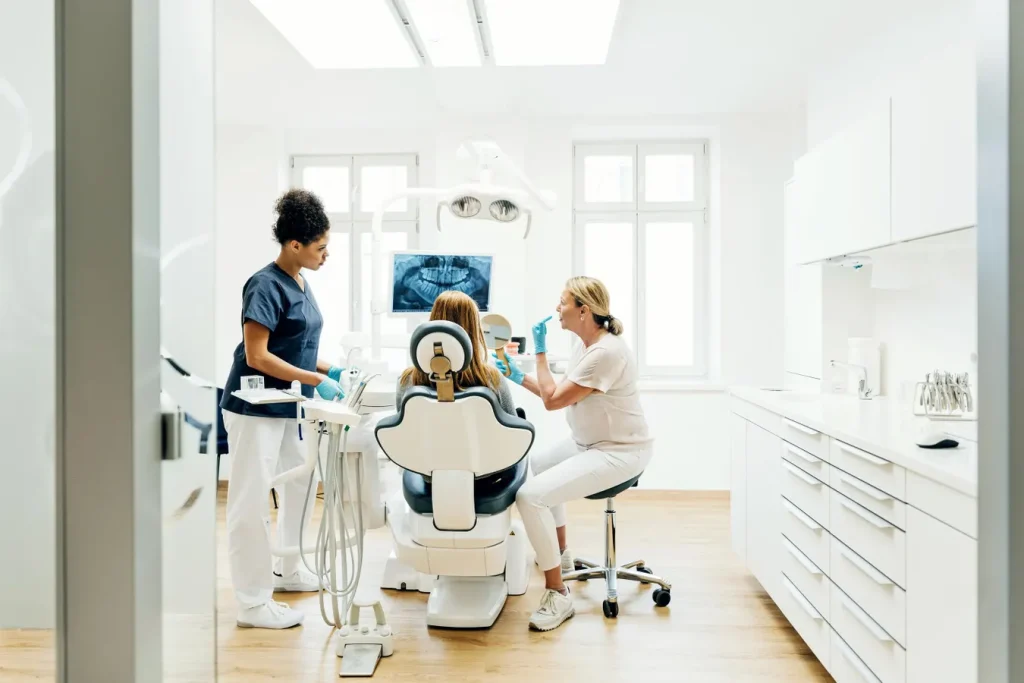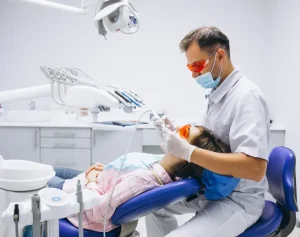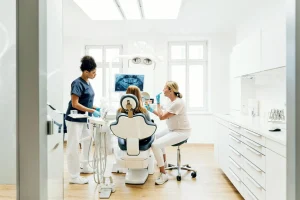
Introduction
The integration of holistic approaches in modern dentistry has opened new avenues for enhancing patient comfort and well-being. Among these innovative practices, aromatherapy has emerged as a promising complementary therapy in dental care settings. Progressive dental practices, including those of a dentist Balwyn, are exploring these gentle yet impactful methods to create more pleasant patient experiences.
Understanding Aromatherapy in Dental Settings
The Science Behind Essential Oils
Recent studies on aromatherapy applications in dental practices have demonstrated that certain essential oils possess properties that can support overall oral health whilst creating a more relaxing environment. These natural compounds work through both olfactory stimulation and potential antimicrobial activities, offering a dual benefit in dental care.
Common Essential Oils in Dental Practice
Several essential oils have shown particular promise in dental settings:
- Lavender – Known for its calming properties
- Peppermint – Recognised for its refreshing qualities
- Tea Tree – Valued for its natural cleansing attributes
- Chamomile – Appreciated for its soothing characteristics
Implementation in Modern Dental Care
Creating a Therapeutic Environment
Modern dental practices, including those of any dentist Balwyn, are incorporating aromatherapy through various methods to enhance patient comfort. Clinical research has shown significant reductions in dental anxiety when aromatherapy is properly implemented in waiting areas and treatment rooms.
Integration with Traditional Dental Procedures
The incorporation of aromatherapy into dental practices requires careful consideration and planning. Dental professionals are finding innovative ways to blend these complementary approaches with conventional treatments. This integration often involves:
- Pre-appointment aromatherapy sessions
- Carefully selected essential oil diffusion during treatments
- Post-treatment aromatherapy applications
When implemented thoughtfully, these practices can enhance the overall dental care experience. Any dentist Balwyn or dental professional considering aromatherapy integration must ensure proper protocols are followed, maintaining the highest standards of care whilst incorporating these complementary approaches.
Benefits and Considerations
Patient Experience Enhancement
The incorporation of aromatherapy in dental settings has shown remarkable potential in transforming patient experiences. Research indicates significant improvements in patient comfort levels when aromatherapy is utilised alongside traditional dental procedures. This holistic approach helps create an environment where patients feel more at ease, potentially leading to better treatment outcomes.
Staff Wellbeing
The benefits of aromatherapy extend beyond patient care to include positive effects on dental staff. The calming environment created by carefully selected essential oils can help maintain a more balanced and peaceful workplace atmosphere, potentially reducing stress levels among healthcare providers.
Professional Implementation Guidelines
Safety Protocols
When implementing aromatherapy in dental settings, several important factors must be considered:
- Proper dilution of essential oils
- Individual patient sensitivities and allergies
- Appropriate application methods
- Ventilation requirements
Training Requirements
Dental practices implementing aromatherapy should ensure their staff receive proper training in:
- Essential oil safety and handling
- Patient screening procedures
- Application techniques
- Emergency response protocols
Conclusion
The integration of aromatherapy into dental care practices represents a significant step forward in creating more holistic and patient-centred approaches to oral health care. When implemented properly, these methods can contribute to reduced anxiety levels and improved patient experiences whilst maintaining the highest standards of dental care. As research continues to evolve, the role of aromatherapy in dentistry is likely to expand, offering new possibilities for enhancing both patient care and practice environments. Through careful implementation and adherence to proper protocols, dental practices can successfully incorporate these complementary approaches whilst ensuring patient safety and comfort remain paramount. This balanced approach to modern dentistry demonstrates how traditional practices can be enhanced through thoughtful integration of holistic methods.
Any surgical or invasive procedure carries risks. Before proceeding you should seek a second opinion from an appropriately qualified health practitioner.






